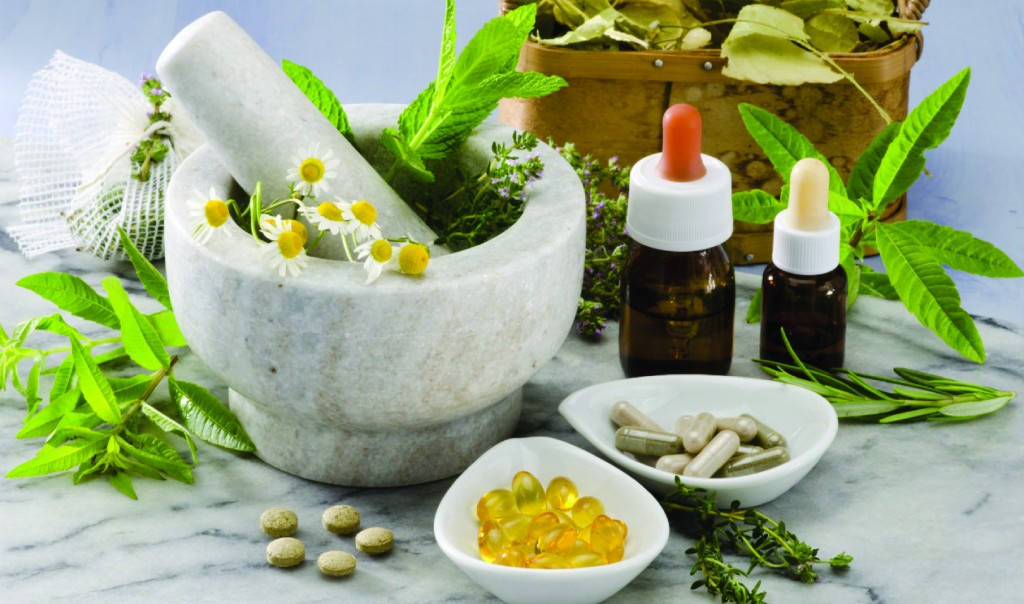HERBAL TREATMENT FOR COMMON PREGNANCY CONCERNS
Pregnancy is a time of hope, love, joy, and dreams. However, the miserable symptoms that accompany pregnancy do dampen the mood somewhat. Not to mention the occasional cold and flu you will experience during the nine months. Pregnancy is a delicate time for you and your unborn child. It is best to avoid any prescription drugs, at least as much as possible and use time-tested home remedies.
Below are some of the most common symptoms women experience during pregnancy, and their herbal treatment.
NAUSEA & VOMITING
Ginger is one of the most effective and safe treatment for nausea and vomiting which often torments expecting mothers.
COLDS
Echinacea & ginger root are both highly effective remedies for common cold. These herbs have been traditionally used as a tea for the treatment of colds, chills, aches, and indigestion associated with colds. Echinacea also strengthens immune system and helps restore upper respiratory health.
VAGINAL YEAST INFECTION
Vaginal yeast infections are common occurrence during pregnancy. They are extremely uncomfortable and can be dangerous if not treated immediately. Over the counter medications and creams for yeast infections are not recommended to use during pregnancy. Instead, herbs like tea tree oil, calendula oil, and garlic are extremely effective and safe to use, and are readily available. Tea tree oil and garlic are antimicrobial and help fight the infection, while calendula oil helps heal the irritated tissue.
IRON DEFICIENCY ANEMIA
Iron deficiency anemia is the most common cause of anemia during pregnancy. It is a type of blood disorder which is not uncommon among women of childbearing age. Nettles, Floradex (liquid iron and vitamin formula), and blackstrap molasses are some of the safest ways of ingesting iron, along with red meat and organ meat.
LABOR COMPLICATIONS
All women hope for an easy labor and to avoid labor complications. Red raspberry leaf not only helps with that, it also works as a uterine tonic and helps keep the uterus in great shape.
APPLICATION AND DOSAGE
The following chart will help outline the application of these herbs and the recommended dosages.
| SYMPTOM | TREATMENT | APPLICATION | DOSAGE |
| Nausea & Vomiting | Ginger root | Tea (fresh or dried)
Ginger ale Candied ginger |
Tea made from 1 gm of ginger
As needed As needed |
| Colds | Echinacea (root & flower)
Ginger root |
Tea
Tincture (contains alcohol) Capsules Tea (fresh or dried) |
2 to 3 cups daily
3-5 ml up to 4 times a day for 7 days 1000 mg once a day for 7 days Tea made from 1 gm of ginger |
| Vaginal Yeast Infections | Tea Tree Oil
Calendula Oil Garlic |
Suppository
Suppository Clove |
3 drops per suppository inserted once daily for 3 to 5 days.5 drops per suppository inserted twice daily for 3 to 5 days. Take a fleshy and firm garlic clove. Slightly bruise it, |
| Iron Deficiency Anemia | Nettles
Floradix (liquid iron & vitamin formula) Blackstrap Molasses |
Infusion (infusion is a large amount of herb brewed for a long period of time)As instructed on the package Added to food, added to warm water, or taken as tonic/syrup |
No more than 10 grams daily
1-2 tablespoons a day |
| Labor Complications | Red Raspberry Leaf | Tea | Up to 3 cups daily |
CAUTION
As always, we advise you to ingest all herbs under the supervision of your Naturopath and Herbalist. If symptoms of cold and vaginal infection persist beyond 7 days after administering home remedies, visit your healthcare provider.

